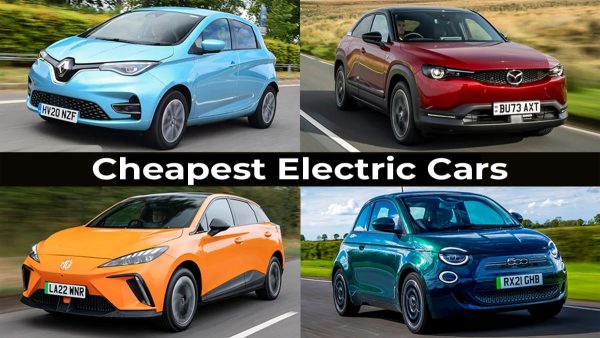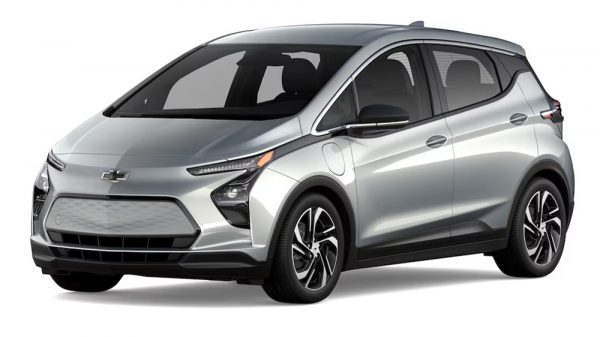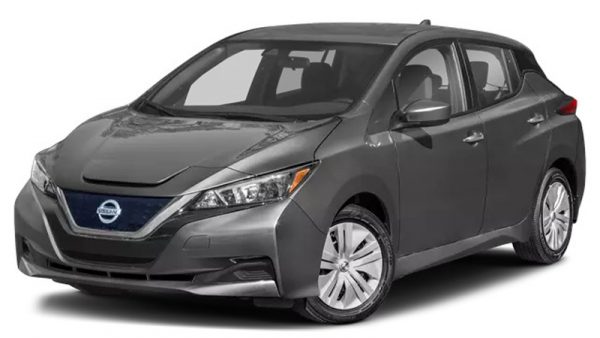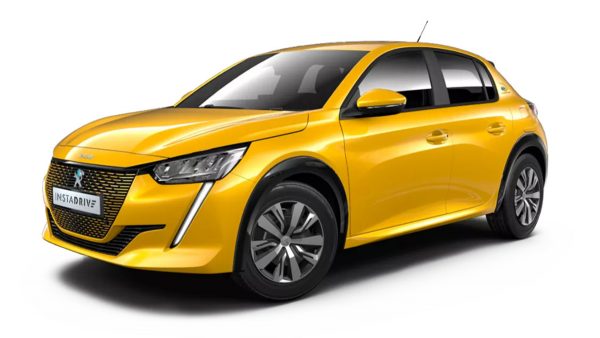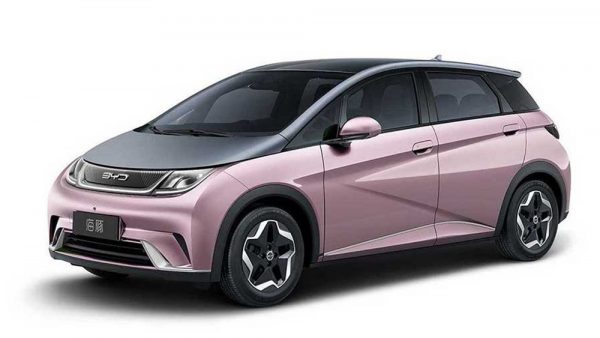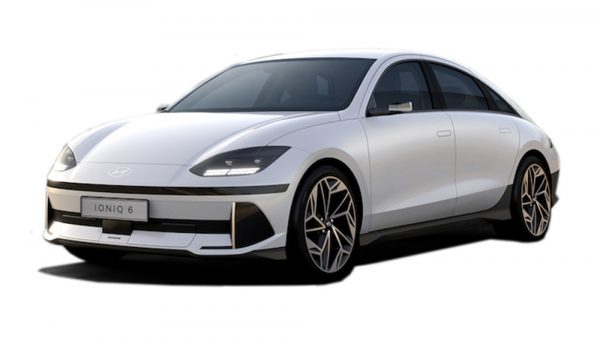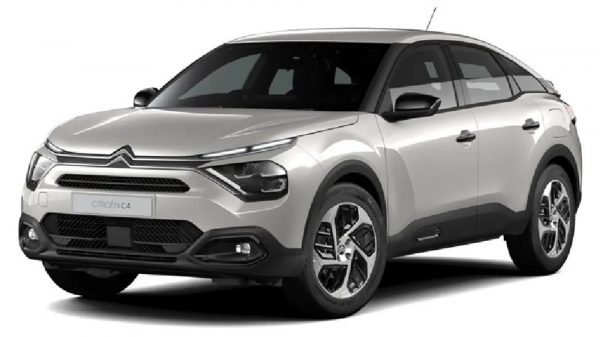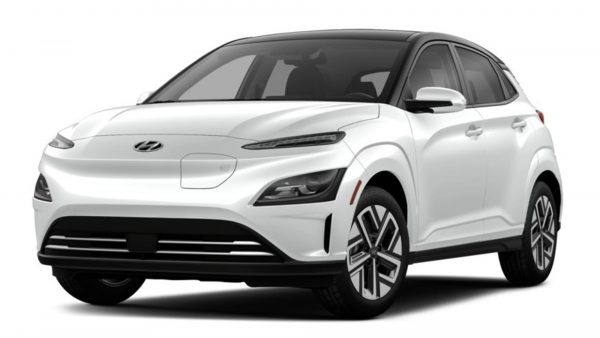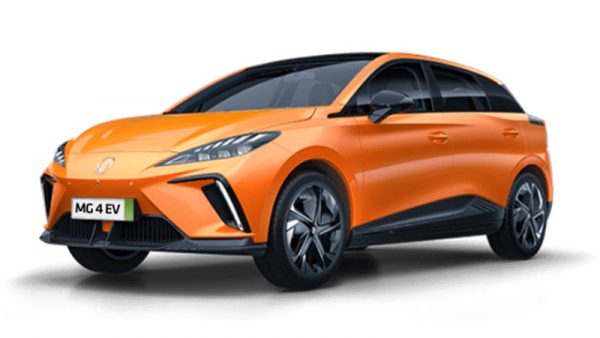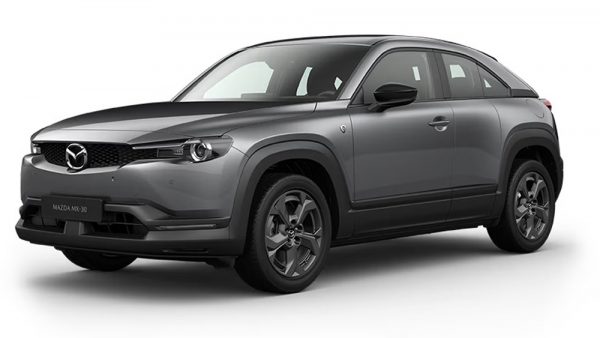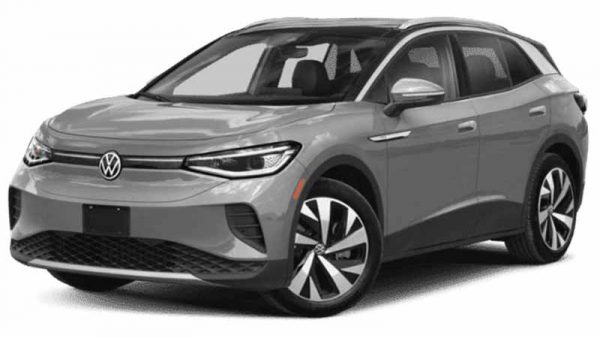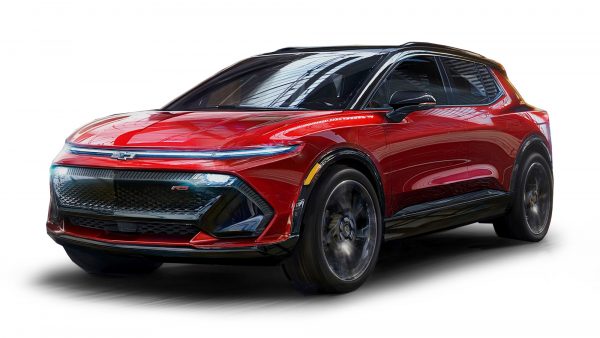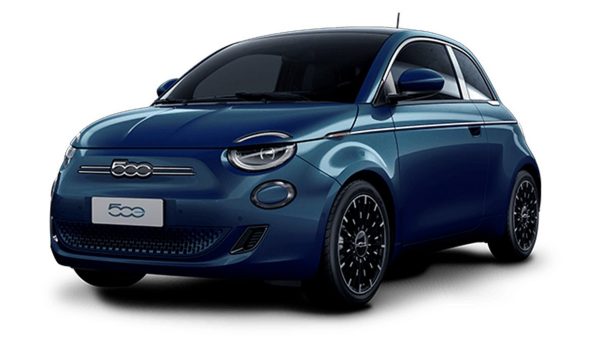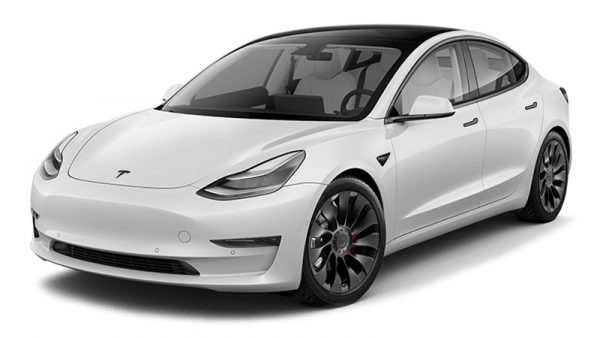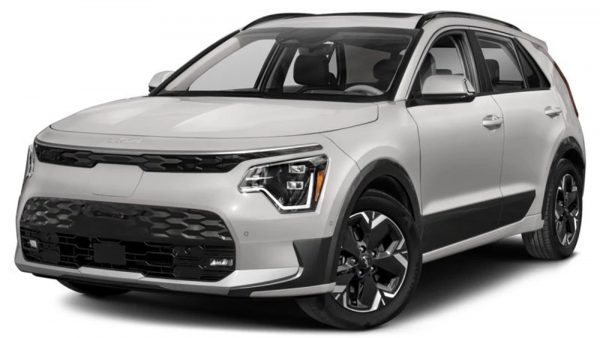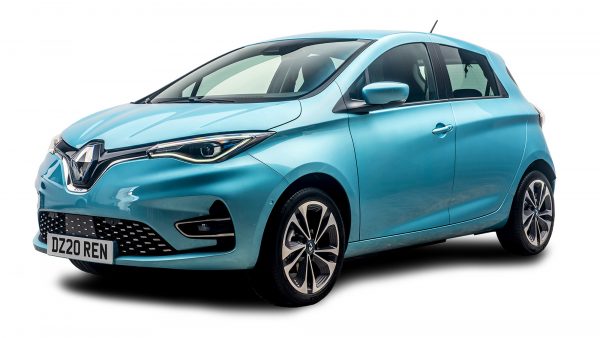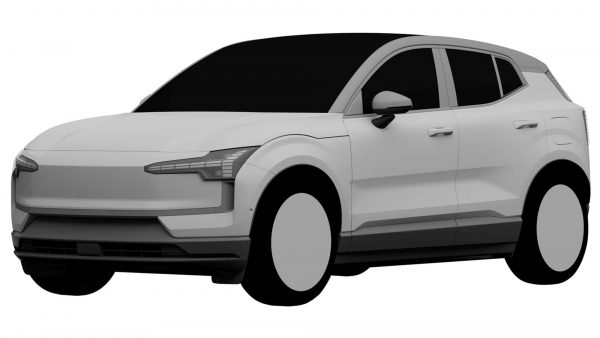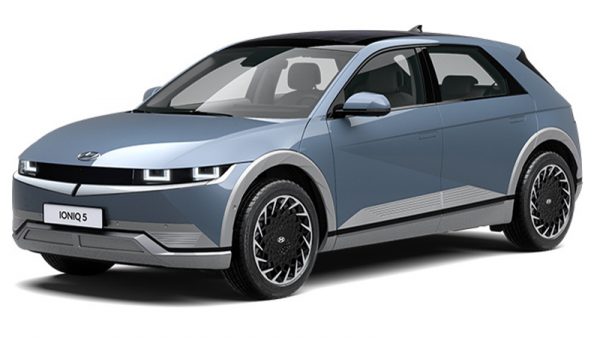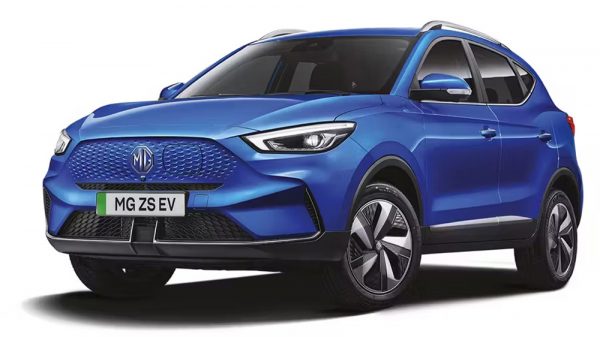In a world increasingly conscious of environmental sustainability, the automotive sector is undergoing a pivotal transformation. Electric vehicles (EVs), once a niche market for the environmentally conscious or the tech-savvy, are now steering towards mainstream adoption. However, amidst this green revolution, the affordability of electric vehicles remains a pertinent question for the average consumer. This comprehensive article delves into the realm of the most budget-friendly electric vehicles, unraveling options that blend eco-friendliness with economic feasibility.
The journey towards affordable electric mobility has been a nuanced one. Not long ago, the notion of owning an electric vehicle without a hefty financial outlay was a mere pipe dream for many. Yet, the landscape is changing rapidly. The surge in demand for sustainable transportation solutions has propelled automakers to innovate and introduce electric models that cater to a more cost-conscious audience. This evolution isn’t just a boon for potential EV owners but a giant stride for environmental conservation, heralding a faster transition to low-emission vehicles.
Our exploration is not merely a rundown of the cheapest electric vehicles available. Instead, it’s a comprehensive guide that shines a light on a variety of models that strike a perfect harmony between affordability, performance, and utility. From sleek city runabouts to more robust family-friendly options, we will spotlight vehicles that stand out not just for their price tag but for their overall value proposition. The article also examines regional incentives and tax breaks, often pivotal in making EV ownership more economically viable. Moreover, we consider the broader economic implications of choosing an electric vehicle, such as reduced fuel costs and lower maintenance expenses, which cumulatively make EVs a prudent long-term investment.
Our exploration transcends mere technical analysis. It’s a narrative about the democratization of technology, the strides in sustainable mobility, and how these factors converge to make eco-friendly vehicles accessible to a broader audience. Whether you’re a novice in the world of electric vehicles, a budget-conscious family looking for an upgrade, or an enthusiast keen on aligning your automotive choice with environmental values, this article is designed to guide you through the evolving landscape of affordable electric mobility. Join us as we embark on this enlightening journey, highlighting how the dream of owning an electric vehicle is becoming an attainable reality for an ever-widening demographic.
Chevrolet Bolt EV
Efficiency: 29 kWh/100 mi
Range: 259 miles
Price: Starting at around $31,995
| Pros | Cons |
|---|---|
|
|
The Chevrolet Bolt EV sets itself apart with its powerful electric powertrain. The Bolt’s ability to go from 0 to 60 mph in about 6.5 seconds is not just impressive for an EV in its class, but it also challenges many traditional combustion engine vehicles, blending environmental responsibility with performance.
The Bolt EV’s technology suite enhances the driving experience. Its 10.2-inch diagonal color touchscreen is not just a display; it’s an interactive tool that provides real-time vehicle information, including battery levels, range estimation, and energy usage. The Bolt EV also features Chevy’s innovative one-pedal driving, which allows drivers to accelerate and decelerate using only the accelerator pedal, making driving simpler and more efficient.
Despite its compact size, the Bolt EV offers a surprisingly spacious interior, akin to what you’d find in a mid-size SUV. This space efficiency is a testament to the clever design and packaging of the Bolt EV. The use of lightweight materials and the strategic placement of the battery pack contribute to an airy and comfortable cabin, which is often a deciding factor for families and long-commute drivers.
Nissan Leaf S
Efficiency: 30 kWh/100 mi
Range: Up to 149 miles
Price: Starting at around $27,400
| Pros | Cons |
|---|---|
|
|
The Nissan Leaf S holds a special place in the EV market as one of the pioneers of modern electric cars. This model has been instrumental in bringing electric vehicles into the mainstream, offering a blend of practicality, affordability, and technology. Its continued evolution with each model year reflects Nissan’s commitment to improving electric mobility.
Nissan Leaf S is equipped with ProPILOT Assist, a semi-autonomous driving feature that enhances safety and reduces the stress of driving. This system includes adaptive cruise control and lane-keeping assist, providing drivers with support during long trips and in heavy traffic. Additionally, its comprehensive suite of safety features, such as automatic emergency braking and blind-spot monitoring, reinforces its appeal to safety-conscious consumers.
The Leaf S excels in its everyday usability. It offers a smooth and quiet ride, a hallmark of electric vehicles, but with the added benefit of Nissan’s years of refinement in vehicle comfort and ergonomics. The car’s intuitive dashboard layout, ample cargo space, and comfortable seating make it an ideal choice for daily commutes and family outings.
Peugeot e-208
Efficiency: 17.6-18.3 kWh/100km
Range: Up to 217 miles (WLTP)
Price: Starting at approximately $30,000 (varies by region)
| Pros | Cons |
|---|---|
|
|
The Peugeot e-208 stands as a testament to Peugeot’s commitment to electrification, blending elegant French design with cutting-edge electric vehicle (EV) technology. Its exterior, characterized by fluid lines and a sporty stance, conveys a sense of dynamism and modernity. Unique to the e-208 is its color palette, which includes vibrant options that set it apart in the urban landscape.
Driving the e-208 is an experience characterized by silence and responsiveness, thanks to its electric motor’s instant torque. The car’s well-balanced chassis and compact dimensions make it a joy to maneuver in city traffic and a comfortable companion on longer journeys. Its regenerative braking system, which recharges the battery during deceleration, is efficiently tuned to maximize range without compromising driving pleasure.
The interior of the e-208 is where innovation meets comfort. The car boasts an advanced infotainment system with seamless smartphone integration, keeping drivers connected and entertained. The use of sustainable materials inside the cabin aligns with the eco-friendly ethos of the car, while features like ambient lighting enhance the premium feel. Safety is also paramount, with the e-208 offering an array of advanced driver assistance systems, including lane keeping assist and automatic emergency braking.
BYD Dolphin
Efficiency: 13.8 kWh/100 km
Range: Up to 250 miles (NEDC)
Price: Starting at approximately $25,000 (varies by region)
| Pros | Cons |
|---|---|
|
|
The BYD Dolphin is a game-changer in the electric compact car segment, especially in markets where affordability and efficiency are key. It distinguishes itself with a playful yet futuristic design language that resonates with a younger demographic. The Dolphin’s compact dimensions hide a surprisingly spacious interior, a feat achieved through smart design and engineering.
One of the Dolphin’s most notable features is its Blade Battery technology. This innovative approach to battery design not only enhances safety but also contributes to the vehicle’s overall efficiency and range. This technology exemplifies BYD’s forward-thinking approach to EV manufacturing and positions the Dolphin as a leader in its class for battery safety and performance.
The interior of the Dolphin, with its digital-centric approach, appeals to tech-savvy individuals. It features a user-friendly interface, integrating various functions and vehicle settings into a central touchscreen. The car’s connectivity features are geared towards providing a seamless digital experience, making it an attractive option for those who value technology and digital integration in their daily commute.
Hyundai Ioniq 6
Efficiency: 14 kWh/100 mi
Range: Up to 340 miles (estimated)
Price: Starting at approximately $40,000
| Pros | Cons |
|---|---|
|
|
The Hyundai Ioniq 6 is not just a car; it’s a bold statement in the world of electric sedans. Its design, heavily influenced by aerodynamics, is both visually striking and functionally effective. The Ioniq 6’s silhouette is a departure from conventional car design, pushing the boundaries of aesthetics in the EV space. This distinct design philosophy also extends to its unique lighting signatures, which enhance its futuristic appeal.
Performance-wise, the Ioniq 6 is engineered to deliver a serene and engaging driving experience. Its electric powertrain is tuned for responsiveness, offering a blend of efficiency and power. The option to choose between different battery sizes allows for customization based on range and performance needs, a flexibility appreciated by EV enthusiasts.
Inside, the Ioniq 6 is a sanctuary of technology and comfort. The use of eco-friendly materials throughout the cabin reflects Hyundai’s commitment to sustainability. The dual-screen setup not only provides essential information but does so in an aesthetically pleasing manner. Features like a soundscape system, which provides a unique auditory experience, and ambient mood lighting, further elevate the driving experience, making every journey in the Ioniq 6 a memorable one.
Mini Cooper SE Hardtop
Efficiency: 30 kWh/100 mi
Range: 114 miles
Price: Starting at approximately $30,000
| Pros | Cons |
|---|---|
|
|
The Mini Cooper SE Hardtop is not just an electric car; it’s a cultural icon reborn in the electric age. Its design is a modern twist on the classic Mini, retaining its beloved retro charm while integrating futuristic elements. The car’s color schemes and customizability options are particularly notable, allowing owners to tailor their Mini to their personal tastes.
The SE Hardtop offers an exhilarating driving experience. Its electric motor provides instant torque, giving it a zippy, responsive feel that’s perfect for urban environments. The car’s compact size makes it a breeze to maneuver in tight spaces, and the sport mode enhances its agility, making it a delight on winding roads.
The Mini Cooper SE steps up in technology, featuring a fully digital and customizable dashboard. The Mini Connected system offers a suite of services, including real-time traffic information and remote charging management. The interior, with its high-quality materials and attention to detail, exudes a premium feel.
Citroen e-C4
Efficiency: 28 kWh/100 mi
Range: 217 miles
Price: Starting at approximately $35,000
| Pros | Cons |
|---|---|
|
|
The Citroen e-C4 sets itself apart with its unique crossover aesthetic, blending the practicality of a hatchback with the stance of an SUV. This design philosophy extends to its interior, where space and comfort are prioritized, making it an ideal choice for families or those who enjoy longer journeys.
Citroen has always been known for its focus on comfort, and the e-C4 is no exception. Its suspension system is engineered to absorb road irregularities, delivering a ride quality that rivals luxury vehicles. The “Advanced Comfort Seats” are a highlight, designed to reduce fatigue on long drives.
The e-C4 is not just about comfort; it’s also eco-conscious. The use of sustainable materials in its cabin underscores Citroen’s commitment to the environment. On the technology front, the e-C4 impresses with its intuitive infotainment system and the inclusion of Citroen’s latest driver assistance technologies.
Hyundai Kona Electric
Efficiency: 27 kWh/100 mi
Range: 258 miles
Price: Starting at approximately $34,000
| Pros | Cons |
|---|---|
|
|
The Hyundai Kona Electric shines in versatility. It’s a compact SUV that doesn’t compromise on space or functionality. The roomy interior and ample cargo space make it a practical choice for both daily commutes and road trips. Its range is one of the best in the segment, reducing range anxiety significantly.
The Kona Electric offers a balance of efficiency and driving enjoyment. Its electric powertrain is not just about eco-friendliness; it also delivers quick acceleration and a smooth ride. The low center of gravity, due to the battery placement, aids in handling, making it a confident performer on various road conditions.
Hyundai equips the Kona Electric with advanced safety features and driver aids, like forward collision-avoidance assist and blind-spot collision warning. The infotainment system is user-friendly and supports both Apple CarPlay and Android Auto, ensuring seamless smartphone integration.
MG 4 EV
Efficiency: 29 kWh/100 mi
Range: 218 miles
Price: Starting at approximately $28,000
| Pros | Cons |
|---|---|
|
|
The MG 4 EV breaks the mold by offering an affordable entry point into the electric vehicle market without skimping on essentials. It’s a testament to the idea that electric mobility can be accessible to a wider audience. The car’s value proposition is bolstered by its decent range and practical features.
The design of the MG 4 is a blend of simplicity and modernity. It doesn’t shout for attention but rather impresses with its clean lines and functional approach. The interior continues this theme, offering straightforward controls and a clutter-free environment, focusing on driver and passenger comfort.
The MG 4 EV is designed to be a reliable daily driver. It offers a smooth driving experience with enough power to handle most driving scenarios comfortably. The infotainment system, though not as advanced as some competitors, is intuitive and covers all the basic needs of the modern driver.
Mazda MX-30
Efficiency: Approx. 31 kWh/100 mi
Range: About 100 miles
Price: Starting at $34,000
| Pros | Cons |
|---|---|
|
|
The Mazda MX-30 is a testament to Mazda’s unique approach to electric vehicles, blending their signature driving dynamics with environmental consciousness. This all-electric SUV’s innovative design, including its unconventional rear-hinged doors, is a nod to Mazda’s commitment to distinctiveness in a crowded market. The MX-30 is not just a vehicle but a statement of Mazda’s philosophy, combining aesthetics with functionality.
Mazda’s focus on aesthetics is evident in the MX-30’s interior, which uses sustainable materials to create a cabin that feels both futuristic and environmentally responsible. The use of cork and recycled fabrics is not just an eco-friendly choice but also pays homage to Mazda’s origins as a cork manufacturing company. The car’s driving dynamics are tuned to deliver the ‘Zoom-Zoom’ experience Mazda is known for, making it one of the more engaging EVs to drive.
The MX-30 is aimed at the urban driver who values style and driving pleasure over long-range capabilities. Its modest range is offset by its quick and agile performance, making it perfect for city driving. Mazda’s approach to the EV market with the MX-30 is not about dominating the range or technology race but about offering an electric vehicle that’s fun to drive and visually appealing.
Volkswagen ID.4
Efficiency: 33 kWh/100 mi
Range: Up to 260 miles
Price: Starting at $40,000
| Pros | Cons |
|---|---|
|
|
Volkswagen‘s ID.4 is a cornerstone of their electric future, a vehicle that combines practicality with the latest in EV technology. As a compact SUV, it’s designed to meet the needs of a modern family, offering space, comfort, and a range that covers daily commutes and weekend getaways. The ID.4 reflects Volkswagen’s commitment to transforming their lineup to meet a more sustainable future.
The ID.4’s interior is a showcase of Volkswagen’s innovative approach to design and technology. The use of an augmented reality head-up display is particularly noteworthy, projecting navigation and key information directly into the driver’s line of sight. The car’s balance between technological sophistication and user-friendliness is a standout in its category, appealing to tech enthusiasts and everyday users alike.
What sets the ID.4 apart in its class is its well-roundedness. It doesn’t just excel in one area; it delivers across the board – from its spacious interior and comfortable ride to its respectable range and advanced tech. Its appeal lies in its ability to provide a seamless transition from traditional petrol-powered SUVs to electric vehicles, making it a practical choice for a wide range of consumers.
Chevrolet Equinox EV
Efficiency: Estimated 30 kWh/100 mi
Range: Estimated 300 miles
Price: Starting at $30,000
| Pros | Cons |
|---|---|
|
|
Chevrolet‘s Equinox EV is set to redefine the affordable electric SUV segment, bringing long-range electric mobility within reach of a broader audience. Its entry into the market is a strategic move by Chevrolet to make electric vehicles more accessible and appealing to a wider range of buyers. The Equinox EV aims to break down barriers to EV ownership, such as range anxiety and high entry costs.
The Equinox EV’s focus on accessibility is seen in its straightforward design and user-friendly features. It’s expected to offer a range of options to cater to various needs and budgets, indicating Chevrolet’s understanding of diverse consumer requirements. The vehicle’s versatility is a key selling point, offering a compelling combination of space, range, and affordability.
The Chevrolet Equinox EV’s most significant competitive advantage is its value proposition. Offering an impressive range at an affordable price point sets it apart in the EV market, especially among entry-level electric SUVs. Its potential to attract buyers who are new to electric vehicles, due to Chevrolet’s reputation and widespread dealer network, further strengthens its position in the market.
Fiat 500 Electric
Efficiency: Approx. 29 kWh/100 mi
Range: Up to 199 miles
Price: Starting at $32,000
| Pros | Cons |
|---|---|
|
|
The Fiat 500 Electric is a modern reimagining of a classic, infusing the iconic Fiat 500 with the latest electric vehicle technology. This chic, compact car is tailored for the urban environment, offering a combination of style, efficiency, and nimble handling. Its small size makes it ideal for city driving, while its distinctive design ensures it stands out.
The Fiat 500 Electric’s retro-inspired design is a key part of its appeal, offering a stylish, yet environmentally friendly alternative to traditional city cars. The interior is surprisingly roomy and features advanced technology that caters to a connected lifestyle. This car is not just about getting from A to B; it’s about making a statement while doing so.
What differentiates the Fiat 500 Electric in the crowded EV market is its focus on style and urban agility. It’s designed for those who prioritize aesthetics and enjoy the hustle and bustle of city life. The car’s range is more than sufficient for urban commuting, and its compact size makes it a breeze to park and maneuver in tight spaces. It’s a car for those who see their vehicle as an extension of their personality and lifestyle.
Tesla Model 3
Efficiency: 26 kWh/100 mi
Range: 358 miles
Price: Starting at approximately $46,000
| Pros | Cons |
|---|---|
|
|
The Tesla Model 3 is not just a car; it’s a glimpse into the future of automotive design. Its exterior is sleek and aerodynamic, contributing to its impressive efficiency and range. The interior is equally revolutionary, featuring a 15-inch touchscreen that replaces nearly all traditional controls. This minimalist approach extends to the car’s exterior, with door handles that are flush with the body, reducing drag and enhancing the futuristic aesthetic.
Tesla’s Autopilot system is a major draw, offering advanced driver-assistance features that are continuously improved through over-the-air software updates. The Model 3 has also achieved high safety ratings, thanks in part to its rigid body structure and low rollover risk. Tesla’s commitment to safety is matched by its ambition in autonomous driving technology, aiming to lead the industry into a driverless future.
Tesla’s battery technology is a critical component of the Model 3’s success. The high-energy-density batteries not only provide impressive range but also support rapid charging, reducing downtime on long trips. Tesla’s proprietary Supercharger network, exclusive to Tesla owners, is a game-changer for EV travel, making long-distance journeys as feasible as with gasoline-powered vehicles.
Kia Niro EV
Efficiency: 30 kWh/100 mi
Range: 239 miles
Price: Starting at approximately $39,000
| Pros | Cons |
|---|---|
|
|
The Kia Niro EV blends the environmental benefits of an electric car with the practicality of a crossover. It offers a higher seating position and more cargo space than many EVs, making it a practical choice for families or those with active lifestyles. The Niro EV’s suspension is tuned for comfort, smoothing out road imperfections and providing a relaxed driving experience.
Kia has focused on making the Niro EV user-friendly, with a logical and easy-to-use dashboard layout. The infotainment system is straightforward, offering seamless integration with smartphones. Physical buttons and knobs for frequently used functions add to the convenience, a feature often appreciated by those who find touchscreen-only interfaces distracting.
The Niro EV reflects Kia’s commitment to sustainability, not just in its zero-emissions powertrain but also in its use of recycled materials. The interior features several eco-friendly materials, including bio-based plastics, adding to its appeal for environmentally conscious consumers.
Renault Zoe
Efficiency: 17.2 kWh/100 km
Range: up to 245 miles
Price: Starting at approximately $34,000
| Pros | Cons |
|---|---|
|
|
The Renault Zoe’s compact design is one of its most charming features. It’s stylish and modern, with a friendly appearance that’s well-suited to urban environments. The car’s small dimensions make it incredibly city-friendly, ideal for navigating narrow streets and fitting into tight parking spaces.
Renault has optimized the Zoe for maximum efficiency, making it one of the most energy-efficient cars in its class. This efficiency, combined with a relatively affordable price point, makes the Zoe an accessible option for those looking to enter the EV market without breaking the bank. It’s an ideal choice for city dwellers and first-time EV buyers.
The Zoe may not boast the high-end technology of more expensive EVs, but it offers enough to keep tech-savvy drivers satisfied. The infotainment system is intuitive, and there are ample customization options to tailor the car to individual tastes and needs. Renault offers various battery and motor combinations, allowing buyers to choose the balance of power and range that best suits their lifestyle.
Volvo EX30
Efficiency: 30 kWh/100 mi
Range: 250 miles
Price: Starting at $35,000
| Pros | Cons |
|---|---|
|
|
The Volvo EX30 emerges as a paradigm of Scandinavian design philosophy, coupling environmental consciousness with luxury. It distinguishes itself in the EV market with its commitment to sustainable practices, not just in propulsion but also in material choices. The cabin is a testament to this, featuring recycled fabrics and responsibly sourced materials, presenting an eco-friendly yet upscale ambiance.
Performance-wise, the EX30 is tailored for urban lifestyles, offering a range that comfortably covers daily commuting needs while maintaining energy efficiency. Its electric motor ensures a seamless driving experience, characterized by brisk acceleration and smooth handling, typical of Volvo’s engineering prowess.
However, what truly sets the EX30 apart is its advanced tech integration. Volvo’s infotainment system is a high point, offering intuitive controls and a suite of connectivity options. This tech-savvy approach extends to safety features, with the EX30 incorporating an array of advanced driver assistance systems, underlining Volvo’s enduring commitment to safety.
Hyundai Ioniq 5
Efficiency: 28 kWh/100 mi
Range: 300 miles
Price: Starting at $40,000
| Pros | Cons |
|---|---|
|
|
The Hyundai Ioniq 5 is not just a vehicle; it’s a statement on wheels. Its retro-futuristic design, inspired by the 1980s but infused with modern-day EV technology, makes it a head-turner. The Ioniq 5’s visual appeal extends beyond aesthetics to its versatile and spacious interior, which benefits from the flat-floor architecture provided by Hyundai’s E-GMP platform. This design choice enables a lounge-like cabin space, redefining comfort in electric vehicles.
On the performance front, the Ioniq 5 impresses with its range, surpassing many competitors and positioning it as a reliable companion for longer journeys. The fast-charging capability is another area where the Ioniq 5 shines, offering convenience and reducing range anxiety significantly.
Driving dynamics are another strong suit of the Ioniq 5. Its well-tuned suspension balances comfort and handling, while the quiet cabin enhances the driving experience. The vehicle is equipped with cutting-edge driver-assist technologies, ensuring a safe and enjoyable drive, whether in urban settings or on the highway.
MG ZS EV
Efficiency: 31 kWh/100 mi
Range: 263 miles
Price: Starting at $30,000
| Pros | Cons |
|---|---|
|
|
The MG ZS EV is a game-changer in the affordable EV segment, striking an excellent balance between cost, features, and performance. Its design is both contemporary and appealing, exhibiting a sense of style often missing in budget-friendly electric vehicles. The interior is a pleasant surprise, offering more space and comfort than one might expect at this price point.
Performance is where the MG ZS EV truly stands out in its class. Its range is more than adequate for most daily needs, and the driving experience is both enjoyable and efficient. The vehicle’s agility and ease of handling make it a perfect fit for city driving and navigating tight spaces, a common challenge for urban commuters.
The ZS EV’s value proposition is perhaps its most compelling feature. It comes loaded with a suite of standard features, including a user-friendly infotainment system and various driver aids, making it an attractive option for those new to electric vehicles or seeking an economical yet modern and well-equipped car.
Conclusion
As we conclude our exploration of the most budget-friendly electric vehicles, it’s clear that the landscape of personal transportation is undergoing a significant transformation. The advent of affordable electric vehicles (EVs) is not just a trend; it’s a paradigm shift that promises to redefine our relationship with automobiles, merging eco-consciousness with economic practicality.
This shift towards more accessible EVs is a beacon of hope for environmental sustainability. It represents a crucial step towards democratizing clean transportation, making it a viable option for a larger segment of the population. As these vehicles become more widespread, their impact goes beyond individual savings; they contribute to a collective effort in reducing our carbon footprint and mitigating climate change.
The array of vehicles we’ve delved into throughout this article showcases a diverse range of options available to the consumer. From compact city cars to more spacious family vehicles, the spectrum of affordable EVs is expanding, offering choices to suit different lifestyles and needs. This variety is crucial in breaking the stereotype that electric vehicles are either too expensive or too limited in their offerings.
However, affordability doesn’t equate to a one-size-fits-all solution. Prospective buyers must consider various factors, including driving range, charging infrastructure, maintenance costs, and vehicle longevity. The decision to invest in an EV should be a balance of these factors, aligned with personal priorities and lifestyle requirements.
The future of electric vehicles is bright and brimming with potential. Technological advancements are continuously improving battery efficiency and lifespan, which could lead to further reductions in cost. The evolving landscape of government incentives and policies in various countries also plays a pivotal role in making EVs more accessible to the average consumer.
In addition, the rise of the second-hand EV market presents another avenue for affordability. As early models become older, a secondary market is emerging, offering lower entry prices for those interested in electric vehicles. This market expansion is crucial in providing access to sustainable transportation options across different economic backgrounds.
In summary, the emergence of affordable electric vehicles is a game-changer in the automotive industry. It’s a testament to the industry’s commitment to innovation and sustainability, providing a greener alternative to traditional fossil-fuel-powered cars. As we embrace this era of affordable electric vehicles, we are not just participating in a technological revolution; we are contributing to a more sustainable and responsible mode of transportation. This movement towards accessible, environmentally friendly vehicles is a journey we can all partake in, playing our part in steering towards a cleaner, more sustainable future for generations to come.

